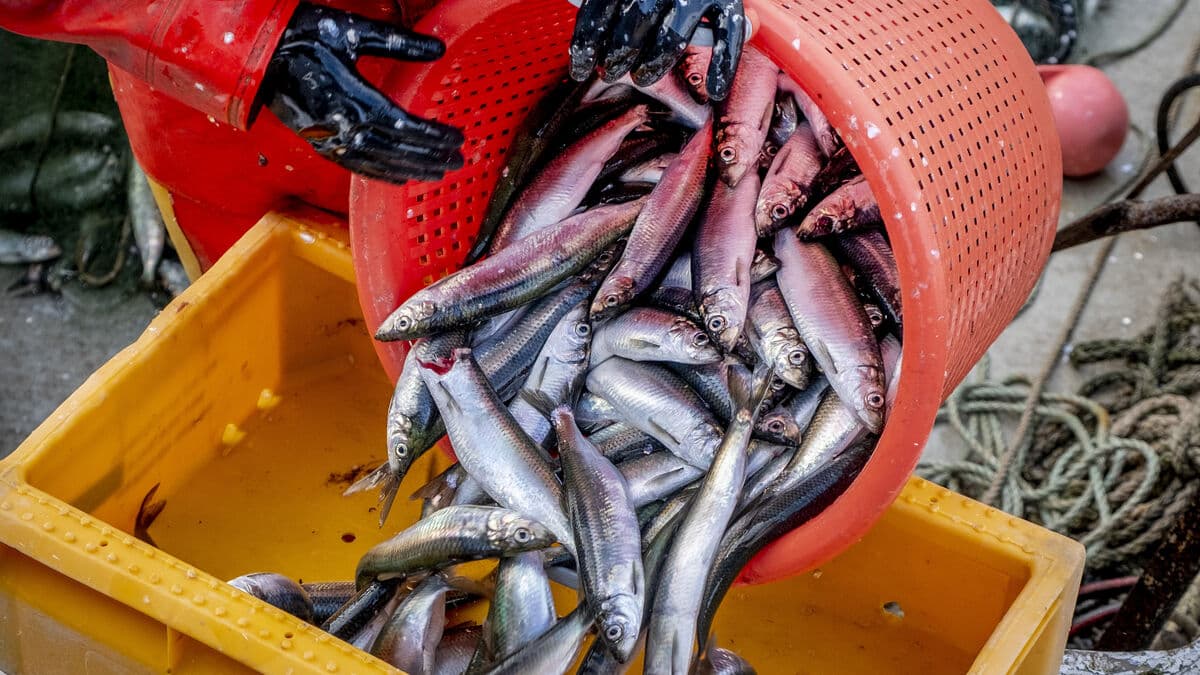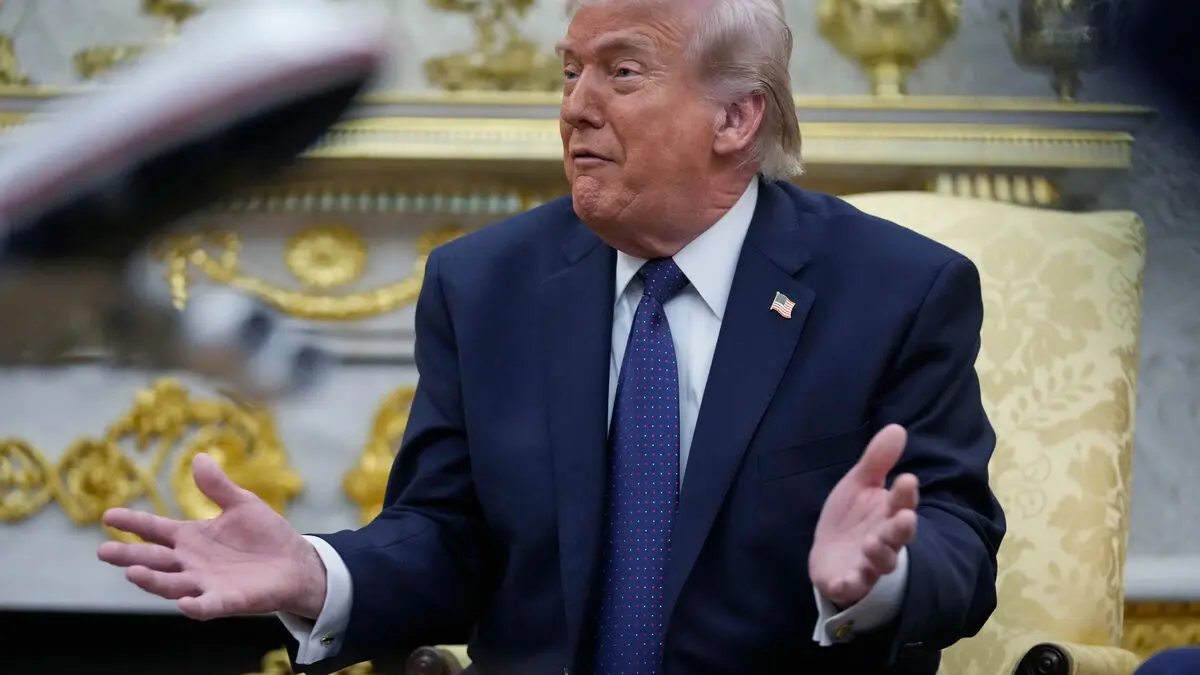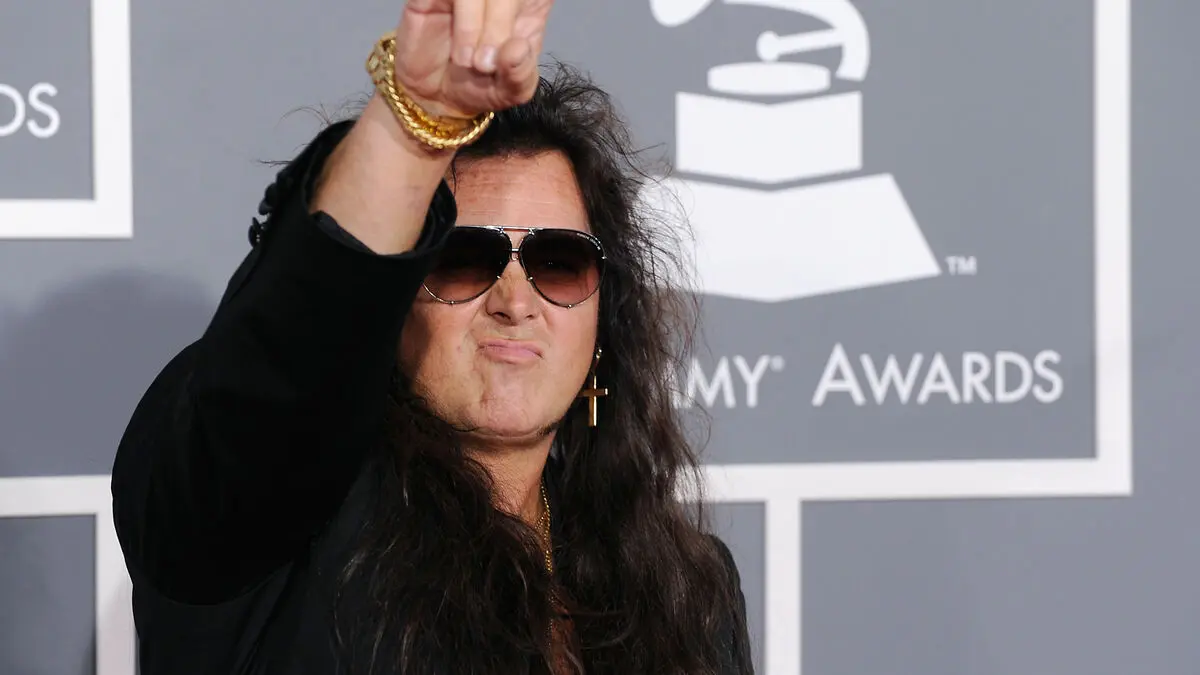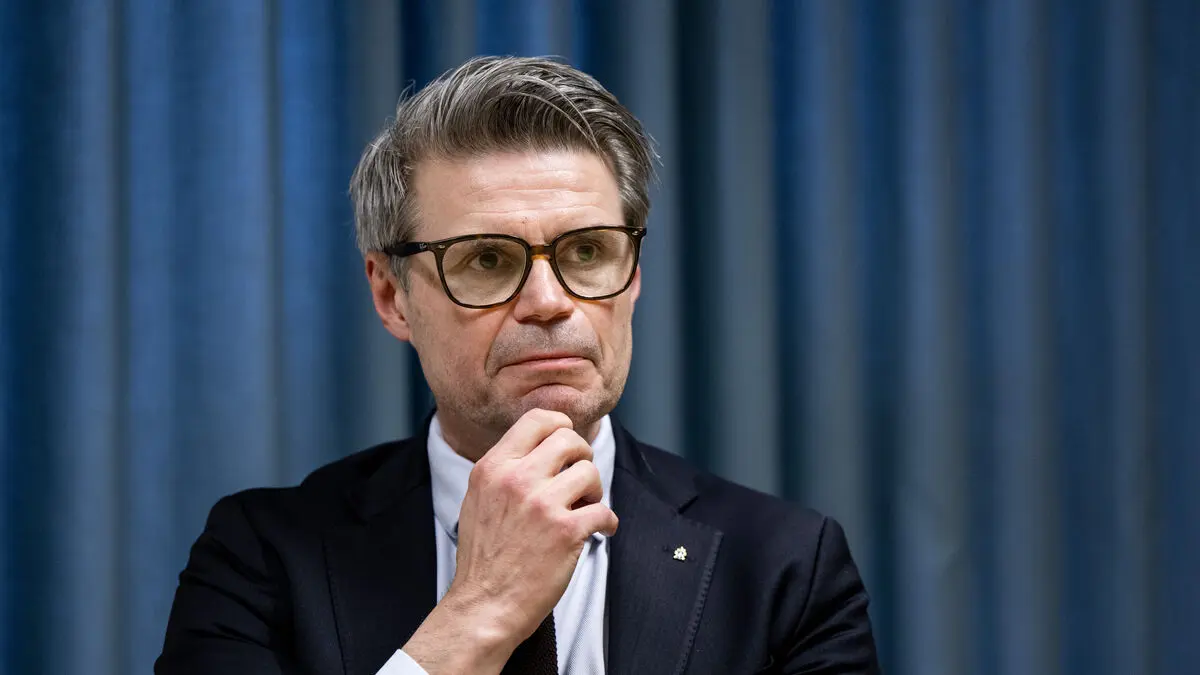Sweden saw itself defeated in the EU struggle over fishing quotas in the Baltic Sea when the negotiations were completed. But what do the quotas really mean and what consequences do they have?
Look at what happened with the cod. It was the same trend. There was a crisis, there was a crisis, then they slammed on the brakes. But much too late, says Johanna Fox, head of WWF's international Baltic Sea program.
The cod is not back
The quota for herring in the central Baltic Sea is increased by 15 percent. The sprat quota is reduced by 40 percent in the Bothnian Sea and the Bay of Bothnia, but not by 62 percent as originally intended. Fox emphasizes that Sweden "stood firm" in the negotiations, even if the outcome was not entirely desirable.
We still haven't gotten the cod back. This must absolutely not happen to the sprat or the herring. Because then we will get consequences that are much greater than what happened when we lost the cod, says Johanna Fox.
How much of a crisis is this?
One is playing with fire, says Cecilia Soler, associate professor of business administration at the School of Business, Economics and Law at the University of Gothenburg.
The fishing that is being conducted now, we are not making any money on it in Sweden. It is counterproductive to look at fish as biomass.
Soler means that the issue is not "just" economic or environmental, it's also about the society's preparedness.
This is our food reserve. It's our fish. It's this one we have. Then we can't fish it up, because we don't know when it can collapse.
The Baltic Sea's "engine"
Johanna Fox calls the sprat and the herring the "engine" in the Baltic Sea's ecosystem.
Should we lose them as we have lost the cod, then it can have devastating consequences for the entire Baltic Sea environment. The sprat, for example, is food for both seabirds and porpoises and seals.
Henrik Svedäng, fish biologist at the Stockholm University Baltic Sea Centre, says that today's message is short-sighted, even if he does not want to classify it as "any catastrophe".
It requires a different attitude from the political side, he says.






